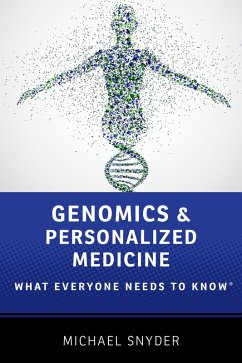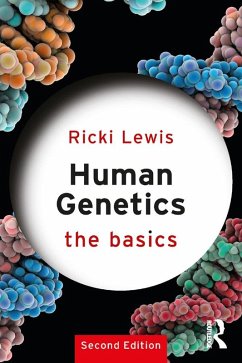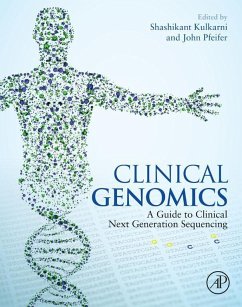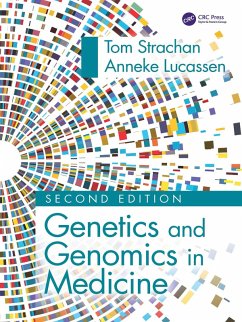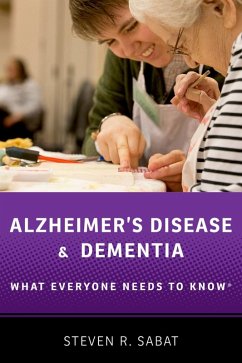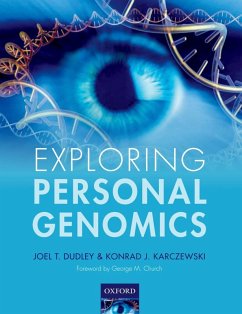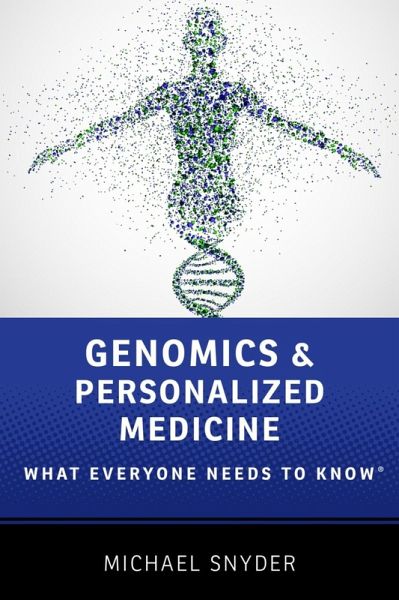
Genomics and Personalized Medicine (eBook, ePUB)
What Everyone Needs to Know®

PAYBACK Punkte
4 °P sammeln!
In 2001 the Human Genome Project succeeded in mapping the DNA of humans. This landmark accomplishment launched the field of genomics, the integrated study of all the genes in the human body and the related biomedical interventions that can be tailored to benefit a person's health. Today genomics, part of a larger movement toward personalized medicine, is poised to revolutionize health care. By cross-referencing an individual's genetic sequence -- their genome -- against known elements of "Big Data," elements of genomics are already being incorporated on a widespread basis, including prenatal d...
In 2001 the Human Genome Project succeeded in mapping the DNA of humans. This landmark accomplishment launched the field of genomics, the integrated study of all the genes in the human body and the related biomedical interventions that can be tailored to benefit a person's health. Today genomics, part of a larger movement toward personalized medicine, is poised to revolutionize health care. By cross-referencing an individual's genetic sequence -- their genome -- against known elements of "Big Data," elements of genomics are already being incorporated on a widespread basis, including prenatal disease screening and targeted cancer treatments. With more innovations soon to arrive at the bedside, the promise of the genomics revolution is limitless. This entry in the What Everyone Needs to Know series offers an authoritative resource on the prospects and realities of genomics and personalized medicine. As this science continues to alter traditional medical paradigms, consumers are faced with additional options and more complicated decisions regarding their health care. This book provides the essential information everyone needs.
Dieser Download kann aus rechtlichen Gründen nur mit Rechnungsadresse in A, B, BG, CY, CZ, D, DK, EW, E, FIN, F, GR, HR, H, IRL, I, LT, L, LR, M, NL, PL, P, R, S, SLO, SK ausgeliefert werden.




